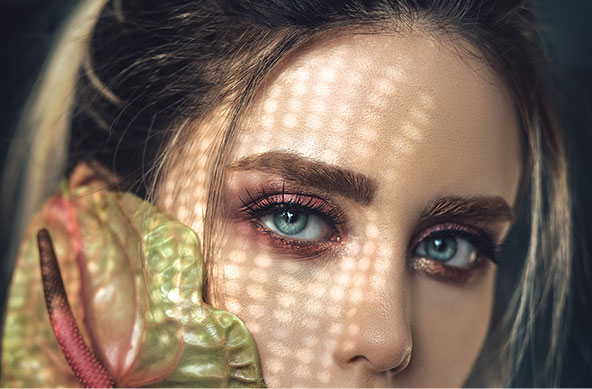All You Need to Know Aboutare tie in extensions bad for your hair
Tie-in extensions, also known as weft extensions, are a popular method of hair extensions. They involve attaching a weft of hair to your natural hair using small silicone-lined beads or micro rings. While tie-in extensions can provide instant length and volume, there are certain factors to consider regarding their impact on your hair health. When properly applied and maintained, tie-in extensions should not cause significant damage to your hair. However, improper installation or neglecting proper care can lead to adverse effects. Here are some key points to consider: 1. Weight and Tension: Tie-in extensions can add weight to your natural hair, especially if you opt for long or thick extensions. The added weight can put stress on your hair follicles, leading to breakage or traction alopecia. It is crucial to choose extensions that are suitable for your hair type and to avoid excessive tension during installation. 2. Maintenance and Upkeep: Proper care and maintenance play a vital role in preserving the health of your hair while wearing tie-in extensions. Regular brushing, using a wide-toothed comb or a special extension brush, is necessary to prevent tangling and matting. It is also essential to avoid excessive heat styling and chemical treatments that can weaken the hair. 3. Regular Removal and Reapplication: Tie-in extensions should be removed and reapplied every 6-8 weeks to prevent damage and allow your natural hair to rest. Failure to do so can lead to hair breakage, matting, and even hair loss. It is recommended to seek professional help for the removal and reinstallation process to minimize the risk of damage. 4. Allergic Reactions: Some individuals may have allergies or sensitivities to the materials used in tie-in extensions, such as the beads or rings. It is essential to have a patch test done before installation to ensure you do not have any adverse reactions. 5. Hair Care Products: The products you use on your hair can affect the lifespan and condition of your tie-in extensions. Avoid using products that contain sulfates, alcohol, or oils near the attachment points, as they can weaken the bonds and cause slippage. Opt for extension-friendly shampoos, conditioners, and styling products to maintain the integrity of your extensions. Overall, tie-in extensions can be a safe and effective way to enhance your hair's length and volume. However, it is crucial to consult with a professional stylist who specializes in extensions to ensure proper application and maintenance. Regular check-ups and following the recommended care routine will help minimize the risk of damage and maintain healthy hair. Some common questions about tie-in hair extensions include: 1. Are tie-in extensions bad for your hair? 2. How long do tie-in extensions last? 3. Can you wash and style tie-in extensions like your natural hair? 4. Do tie-in extensions cause hair damage or breakage? 5. Are tie-in extensions noticeable or do they look natural? 6. Can tie-in extensions be reused? 7. How much do tie-in extensions cost? 8. Are tie-in extensions suitable for all hair types? 9. How do you properly care for tie-in extensions? 10. Can tie-in extensions be dyed or colored? Please note that these questions may vary depending on individual concerns and preferences.If you have any questions, please contact us.
Tie-in extensions, also known as sew-in or weft extensions, can be damaging to your hair if not properly installed and maintained. The weight of the extensions can pull on your natural hair, causing tension and potential breakage. Additionally, the sewing process can damage your hair if done incorrectly. It is important to consult with a professional hairstylist who specializes in extensions to ensure they are installed properly and do not cause damage. Regular maintenance and proper care, such as avoiding excessive heat styling and using gentle products, can also help minimize damage. However, it is worth noting that the quality of the hair extensions themselves also plays a significant role in their impact on your hair. Choosing high-quality extensions, like those offered by Genleelai Greathairgroup, can help reduce the risk of damage as they are designed to be long-lasting and made with the best materials. In conclusion, tie-in extensions can be damaging to your hair if not installed and maintained properly. Consulting with a professional hairstylist and using high-quality extensions can help minimize the risk of damage.


